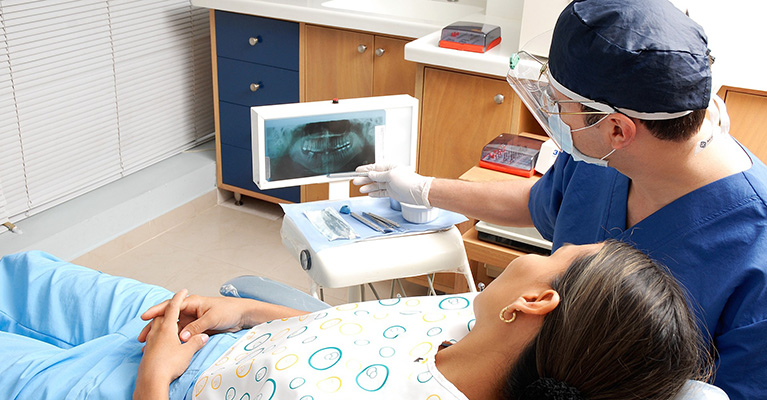Exceptional Dentistry, Exceptional Care | Wytes London
14 Jul 2023
4 min read
By Dr. Azim Malik
Specialist Periodontist and Implant Surgeon
BUILDING PERSONAL CONNECTIONS WITH DENTAL PATIENTS
The first appointment with a patient is usually a consultation appointment.
Everyone – patients, friends, colleagues – likes to talk about themselves.
The power of asking questions in dental consultations
So it's very important to ask patients questions – and not necessarily clinical questions.
You should ask the patient about their family.
You can ask them about their job.
And you can get a lot out of it.
I always ask about the patient's occupation.
And you should take your time asking these questions.
My consultations last about an hour.
Exploring the patient's dental background
So in the consultation, I'll ask the patient how they're feeling, I'll ask about their medical health, I'll ask what their symptoms are…
And then I'll go on to their history of how they first found out about their gum disease and what treatment they've had.
UNDERSTANDING THE PATIENT'S DENTAL NEEDS AND CONCERNS
Sometimes patients will open up about past treatment and any they didn't enjoy or had a bad experience with.
I think that's very important because the last thing you want to do is repeat the same mistakes.
For example, many practices perform wrinkle-relaxing treatments and dermal filler treatments.
I had a patient referred from a very well known practice who came to see me.
I asked her why she didn't continue treatment there.
And she told me she felt a little bit offended when her dentist asked if she needed wrinkle-relaxing treatments or dermal filler treatments
So that's one example.
Managing pain at the dentist
It just goes to show some patients don't like talking about these sort of things.
Another thing to remember when building relationships is that no patients like pain.
You just have to make sure you can comfort them.
They just want reassurance.
So you've got to make sure they know you have their best interests at heart and they are in control.
That's all they really want to hear.
Nervous dental patients
For example, you can say to a patient: "I'm going to give you injections throughout your mouth and then perform the surgery
A better way of saying this would be: "I'm going to numb you up in the mouth so that you do not feel any pain during the surgery."
It's the same things but said in two different ways.
But the latter is far better and far more comforting.




